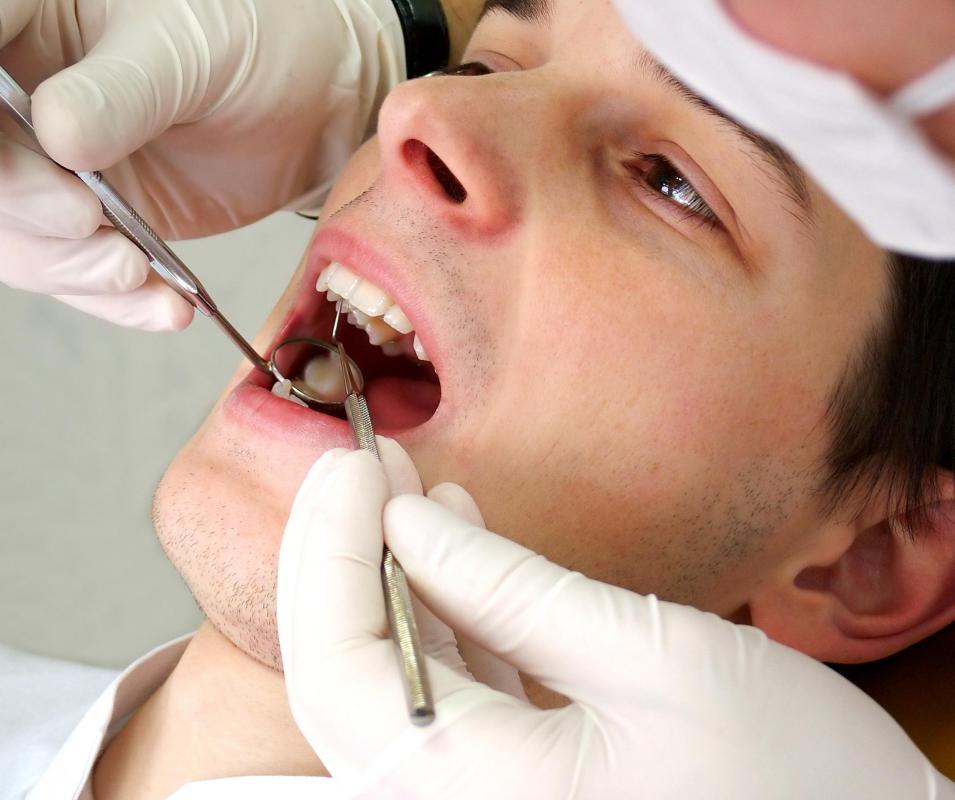Modern humans might consider themselves to be wiser than our prehistoric ancestors, but at the same time, our wisdom teeth are becoming obsolete.
Long before the advent of utensils and cooked food, our diets of raw meat, roots, nuts, and uncooked vegetables required a lot of chewing. With all that gnawing, human jaws grew larger, thus making room for the arrival of wisdom teeth. Also known as third molars, wisdom teeth were also useful as a replacement for teeth that might be lost by young adulthood. This is much less of an issue today, thanks to better oral hygiene and modern dentistry.
The expectation of a larger mouth is why wisdom teeth usually don't appear before our late teens or early twenties. But adults today don't have to munch on anything that requires much work, so our jaws often don't get big enough to accommodate four additional molars. This is why many people get their wisdom teeth removed before they cause problems later in life.
Chew on this:
- As children, we have 20 primary teeth that are eventually replaced by at least 28 permanent teeth (or 32 if all four wisdom teeth come in).
- Tooth enamel is the hardest substance in the human body – it's even harder than bone.
- Although dentists say you should spend about two minutes brushing, most people only brush for about 48 seconds.












